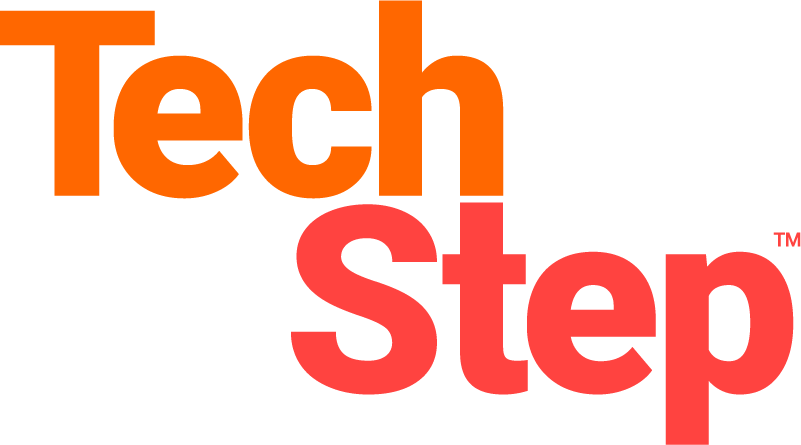Virtual Reality (VR)
VR professionals create immersive digital experiences for a range of industries, from gaming and entertainment to healthcare and education. With a wide range of roles available, from software development to UX design, there are many opportunities in this exciting field.
VR Developer
VR Developers create virtual reality experiences and applications. They work on developing VR software, implementing immersive interactions, and optimizing performance for different VR platforms.
Soft Skills:
Problem-solving, creativity, collaboration.
Hard Skills:
Proficiency in VR development tools (e.g., Unity, Unreal Engine), programming languages (e.g., C#, C++), 3D modeling, understanding of VR hardware and platforms.
Personality Traits:
Innovative, detail-oriented, good at troubleshooting.
VR UX Designer
VR UX Designers specialize in designing user experiences for virtual reality applications. They focus on creating intuitive interfaces, immersive interactions, and compelling narratives within virtual environments.
Soft Skills:
Creativity, empathy, collaboration.
Hard Skills:
UX design principles, VR prototyping tools (e.g., Adobe XD, Framer), understanding of user behaviours in VR, 3D design, spatial audio.
Personality Traits:
Creative, user-focused, good at problem-solving.
VR Content Creator
VR Content Creators develop engaging and immersive VR content. They work on creating 360-degree videos, interactive VR experiences, and virtual environments using a combination of storytelling, design, and technical skills.
Soft Skills:
Creativity, storytelling, communication.
Hard Skills:
VR content creation tools (e.g., Unity, Blender), 3D modeling, animation, video editing, understanding of narrative and storytelling techniques.
Personality Traits:
Artistic, detail-oriented, good at collaboration.
VR Hardware Engineer
VR Hardware Engineers design and develop the hardware components used in virtual reality systems. They work on researching, prototyping, and optimizing VR devices, including headsets, controllers, and tracking systems.
Soft Skills:
Analytical thinking, problem-solving, communication.
Hard Skills:
Hardware engineering, circuit design, 3D modelling, prototyping, understanding of sensors and tracking technologies.
Personality Traits:
Detail-oriented, innovative, systematic.
VR Research Scientist
VR Research Scientists conduct research and development to advance the field of virtual reality. They explore innovative techniques, algorithms, and applications, and contribute to scientific publications and advancements in the VR domain.
Soft Skills:
Critical thinking, research, communication.
Hard Skills:
Strong research background, knowledge of VR technologies and methodologies, programming skills (e.g., C++, Python), ability to design and conduct experiments.
Personality Traits:
Curious, analytical, excellent problem-solving skills.

